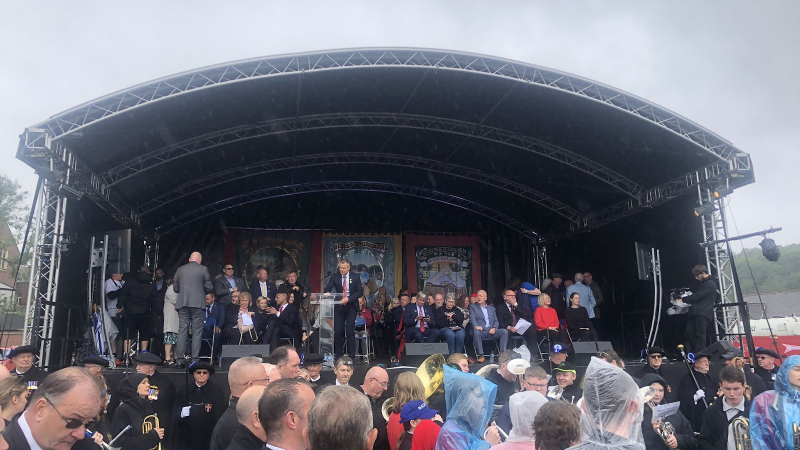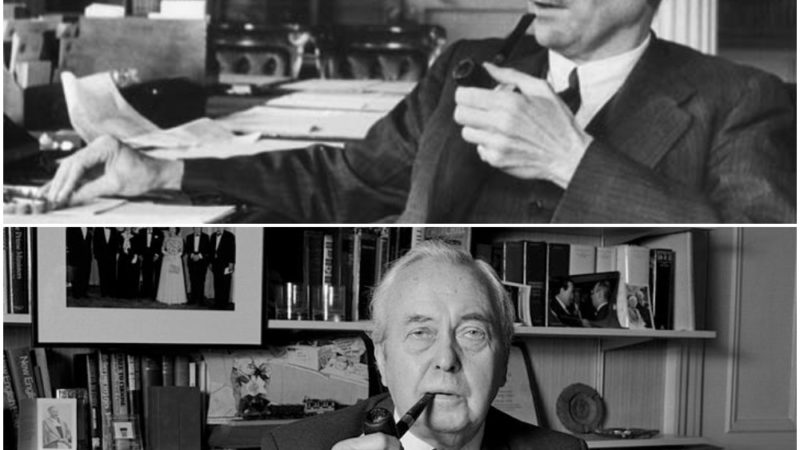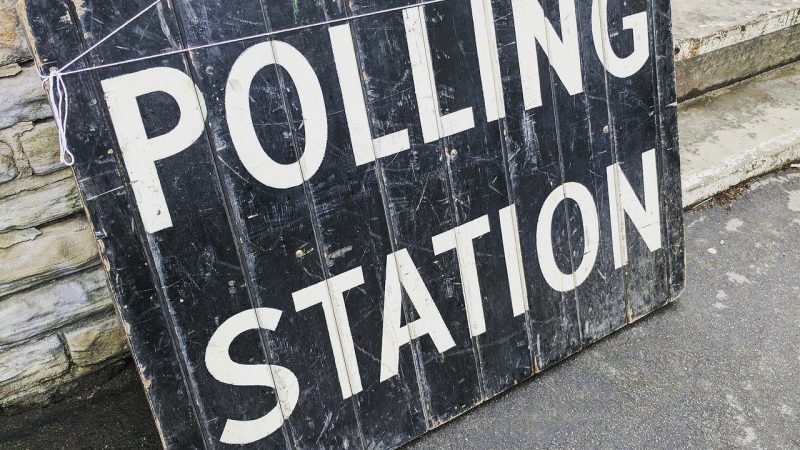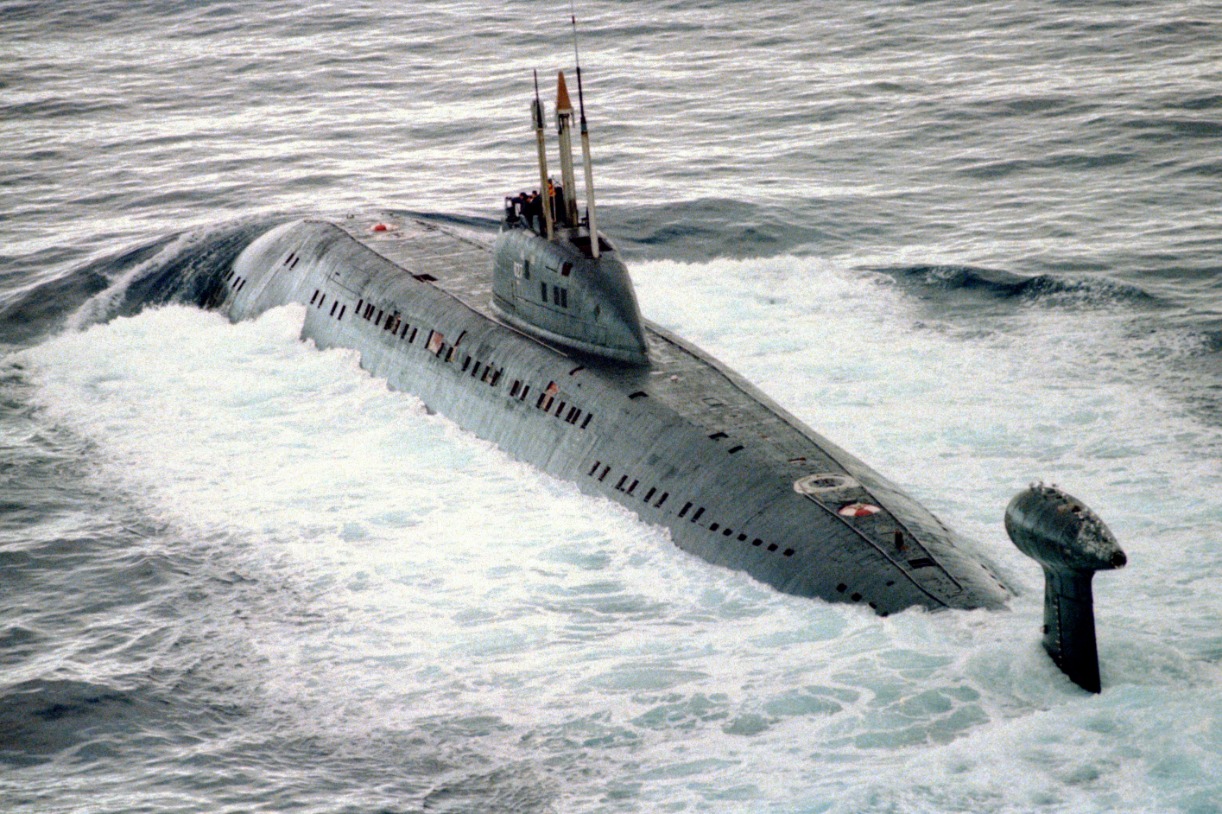UK
Amnesty International calls on the new Government to scrap anti-protest laws
Kerry Moscogiuri, Amnesty International UK’s Campaigns and Communications Director
By Amnesty International UK
Amnesty International is calling on the new UK Government to urgently rethink how protest and freedom of expression could be championed and protected across the country.
The call coincides with Amnesty’s new report, “Under-protected and over-restricted: The state of the right to protest in 21 countries in Europe”, published today (9 July). The 208-page report reveals how governments across the region – including the UK – are using an increasingly wide range of means to quash peaceful demonstrations and silence dissent.
The research lays bare a continent-wide pattern of repressive laws, use of unnecessary or excessive force, arbitrary arrests and prosecutions, unwarranted or discriminatory restrictions as well as the increasing use of invasive surveillance technology, resulting in a systematic roll back of the right to protest.
Amnesty is calling on the new Home Secretary to scrap the public order elements of the recently passed Police, Crime, Sentencing and Courts Act as well as the entirety of the Public Order Act and the Serious Disruption Regulations at the earliest opportunity. In their place the Government should replace them with a framework that safeguards the rights of all sections of the population – this in turn would cement the new Government’s commitment to freedom of expression and the right to protest.
Kerry Moscogiuri, Amnesty International UK’s Campaigns and Communications Director, said:
“The new Government must seize this moment to halt the alarming march towards repression in the UK by repealing the anti-protest laws pushed through by the previous Government and ending the harmful rhetoric being used to stigmatise those who peacefully protest.
“The police should be facilitating peaceful demonstrations, not stopping them before they’ve even begun.
“The UK has a long and proud history of protest: from anti-apartheid protests, to marches for climate action and protests calling out the devastating atrocities in Gaza. Many mass demonstrations have exposed previous governments to be on the wrong side of history.
“In a world where we are grappling with increasing inequality, discrimination, racism, armed conflict and climate change, protest is more essential than ever for people to call out and challenge those in power and seek justice. The right to peacefully protest is a fundamental human right for a free and fair society, not an optional extra.”
Policing protest in the UK
The right to protest in the UK has been eroded in recent years – particularly in England and Wales – despite being protected under international law. In 2022, the Police, Crime, Sentencing and Courts Act handed police in England and Wales broad powers to shut down protests and expanded criminal offences and punishments for peaceful protest activities.
This was followed by the even more draconian Public Order Act 2023 and the particularly controversial Serious Disruption Regulations 2023, regulations that were recently found by the High Court to be unlawful, but which remain in place while the government pursues an appeal.
Thanks to this authoritarian legislation, police can define almost any demonstration as “seriously disruptive” and impose restrictions on it. Peaceful tactics like locking on, tunnelling and even causing “serious annoyance” have been criminalised. New powers have been created to issue orders banning people from even attending protests.
There has also been a steep rise in the use of facial recognition technology in the policing of protest. This is despite the UK Court of Appeal concluding in 2020 that the legal framework in place at the time for this technology violated human rights.
Hundreds of protesters have been arrested. Some have received long custodial sentences and many prosecutions remain pending. Following his visit to the UK in January this year, the UN Special Rapporteur on Environmental Defenders warned that environmental activists face a “severe crackdown” due to the repressive legislative framework and introduction of new criminal charges.
New stop and search powers, including suspicionless stop and search, can be used against people at or on the way to protests. Existing evidence highlights that stop-and-search powers are disproportionately used against Black and other minoritised people, itself a feature of an institutionally racist policing and criminal justice system. The expansion of these powers serves as a gateway for further racialised police encounters.
Anti-protest rhetoric and stigmatisation
Climate change and pro-Palestine protesters in the UK have been heavily stigmatised and their actions used in part as justification for further anti-protest legislation.
High-ranking officials labelled disruption created by environmental protests as “a threat to our way of life” and described activists as “using guerilla tactics”.
Meanwhile pro-Palestine protests have been repeatedly denounced as “hate marches” and “mobs” by leading members of the last Government. In doing this an overwhelmingly peaceful movement calling for a ceasefire in Gaza has been demonised, creating division and exacerbating existing fears amongst minoritised communities in the UK.
In March this year, against a backdrop of large-scale demonstrations protesting against the atrocities being committed in Gaza, the then Prime Minister called for more restrictions on people’s rights to protest peacefully and redoubled his support for the ‘Prevent’ Duty. Amnesty’s research has clearly shown that Prevent violates some of our most fundamental rights – including the right to freedom of expression and assembly -disproportionately targeting Muslims, young people and neurodiverse people.
Existing international human rights standards require governments not to introduce any measures that place disproportionate restrictions on people’s freedom of expression and assembly – it is accepted that protest by its very nature can be disruptive.
As well as calling for the scrapping of recently passed laws, Amnesty hopes this Government will move away from previously used stigmatising discourse and rhetoric, fuelling harmful stereotypes and portraying peaceful protesters in a way that fuels hostility. This includes characterising protesters as criminals, terrorists, threats to public order and security, or a nuisance to be crushed. Amnesty also recommends that regular and systematised data collection and reporting on restrictions imposed by authorities, including the police, is undertaken.
Part of a Europe-wide march towards repression
In Amnesty’s Europe-wide report, the legal regulations and related policies currently governing the right to peaceful assembly in 21 European countries – including France, Germany, the Netherlands, Poland and the UK – were assessed. Amnesty’s report underlines how many authorities across Europe, instead of addressing concerns, removing obstacles and promoting dialogue to find solutions to remedy injustice, abuses and discrimination, often respond to peaceful protest by cracking down on those organising and participating in them.
The report finds widespread use of excessive and/or unnecessary use of force by the police against peaceful protesters, including use of less-lethal weapons. Reported incidents resulted in serious and sometimes permanent injuries including broken bones or teeth (France, Germany, Greece, Italy), the loss of a hand (France), the loss of a testicle (Spain), and dislocated bones, damage to eyes and severe head trauma (Spain). In some countries, the use of force amounted to torture or other ill-treatment and in Belgium, Finland, France, Germany, Italy, Poland, Slovenia, Serbia, and Switzerland, excessive use of force was used by law enforcement against children.
- The project forms part of Amnesty International’s global campaign Protect the Protest, which aims to defend the right to protest across the world.
- You can follow Amnesty International UK on Facebook, Instagram and Twitter/X.













